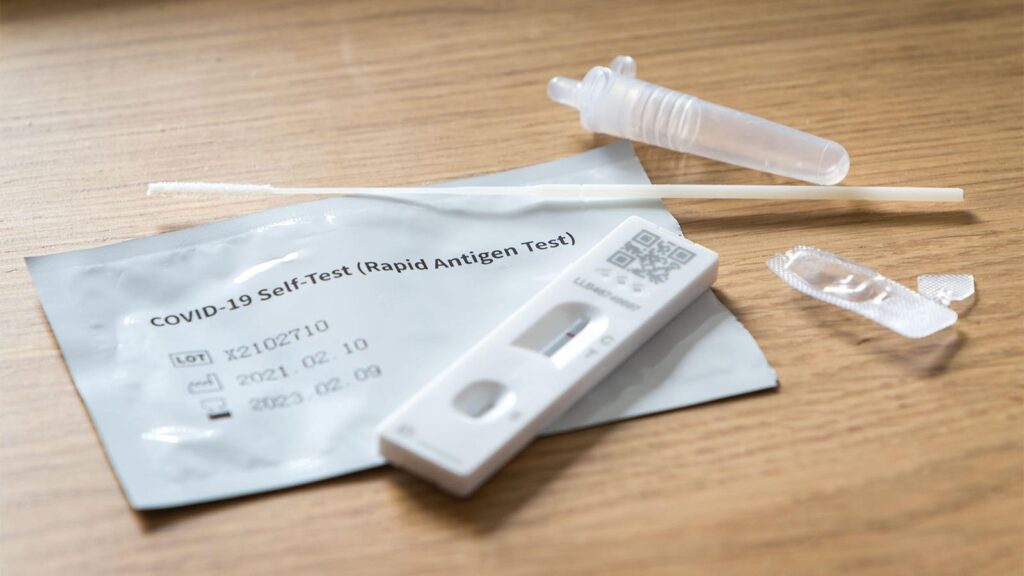Personal loans can be used for practically any reason, making it one of the most versatile methods to borrow money—without the hefty interest rates associated with credit cards.
Unsecured personal loans, which can be obtained from a bank, credit union, or online lender, can be used for a variety of personal purposes, including the installation of a new energy-efficient heating system in your home or the consolidation of high-interest consumer debt, such as a credit card balance.
It’s typically preferable to save for a major purchase, even if it takes a few months or even years. If you find yourself in a scenario where this isn’t possible, a personal loan may be a better option than putting the charge on your credit card.
So, what’s stopping individuals from taking out a loan to buy a yacht and sailing away to the Mediterranean, never to be seen again? Simple: You must meet the lender’s credit, income, and other financial conditions before they can lend you money. These requirements can differ from one lender to the next, based on risk tolerance and other considerations.
Meeting the conditions of your chosen lender ensures that you will be able to repay the loan. Because they don’t require any collateral to secure the transaction, unsecured personal loans may be riskier for lenders than other types of loans. This is when the lending criteria come into play.
Most lenders, for example, have credit score or income criteria, and others may charge an origination fee.
The relevance of a certain category to your lender may influence not only whether you qualify for a personal loan, but also at what rate and for how long.
Because every lender is different, there is no one-size-fits-all list of qualifications for an unsecured personal loan. Instead, here’s a rundown of what lenders are likely to look for in a borrower to help you be more prepared as you start applying.
SoFi Credit Score 2022
Credit score is one of the most important factors lenders consider when evaluating a potential borrower for a loan. In general, the higher a credit score is, the more likely a lender is to provide a borrower a loan with a lower interest rate. If everything else is equal, you’ll want the lowest interest rate feasible on your loan; it can make a considerable difference in the total cost of your loan over time.
You should inquire whether a lender intends to conduct a “soft” credit check as part of the prequalification procedure (this is where you check your rates). To evaluate if you’re a good candidate for a personal loan, many lenders perform a soft credit check first—that is, a credit check that does not damage your credit score.
Lenders will typically conduct a hard credit check as the process progresses and an applicant files for a personal loan (that is, a deep dive into your credit history). A soft credit check has no effect on your credit score, but a hard credit check can lower your score by five to ten points and can last for several months.
When it comes to unsecured loans, some lenders are more strict—if you have a lower credit score or a shorter credit history, for example, it may be more difficult to find a loan program that fits your needs.
Some lenders, on the other hand, may look at both your credit history and credit score, as well as other financial indicators like your salary, to get a more complete picture of your financial status.
SoFi Origination Fee
An origination fee, which is a fee charged to cover the cost of processing the loan, is charged by certain lenders but not all. The origination fee is often a percentage of the overall loan amount, ranging from 1% to 8% of the total amount borrowed.
You should keep this in mind because, depending on the loan size, this might be a significant quantity of money. This amount can usually be added to the total of your loan or paid for with the loan itself.
SoFi Collateral
Personal loans are classified as either collateralized or uncollateralized. Collateral is typically something of value that is used as security for a loan repayment. If the borrower defaults, the bank or lender may be able to confiscate the borrower’s property.
A “secured loan” is one that necessitates the provision of collateral. When it doesn’t, the loan is referred to as a “unsecured loan.”
The level of security is determined from the perspective of the bank or lender; an unsecured loan may appear less secure to them because it is “secured” solely by a person’s personal financial picture rather than a tangible asset such as a car or a house, and they take that into account when making the loan.
Because the conditions for secured and unsecured loans are likely to differ, you should inquire about them to see what they have to offer and see if you qualify.
When people talk about personal loans, they almost always mean unsecured personal loans. These loans may have higher interest rates or be more difficult to qualify for than secured personal loans because they are not backed by collateral.
Personal loans may, however, be subject to collateral requirements from some lenders and banks. Anything from vehicles to real estate can be used as collateral, and it can be taken if you don’t pay your loan back. This is the tradeoff you should think about: putting your home on the line means you risk losing it, but taking that risk may qualify you for a lower interest rate. This is why:
Collateral provides further confidence to your lender that they will be paid back. On the other hand, providing collateral may have hidden expenses. Some lenders, for example, may request supplementary insurance in the event that the collateralized property is harmed.



